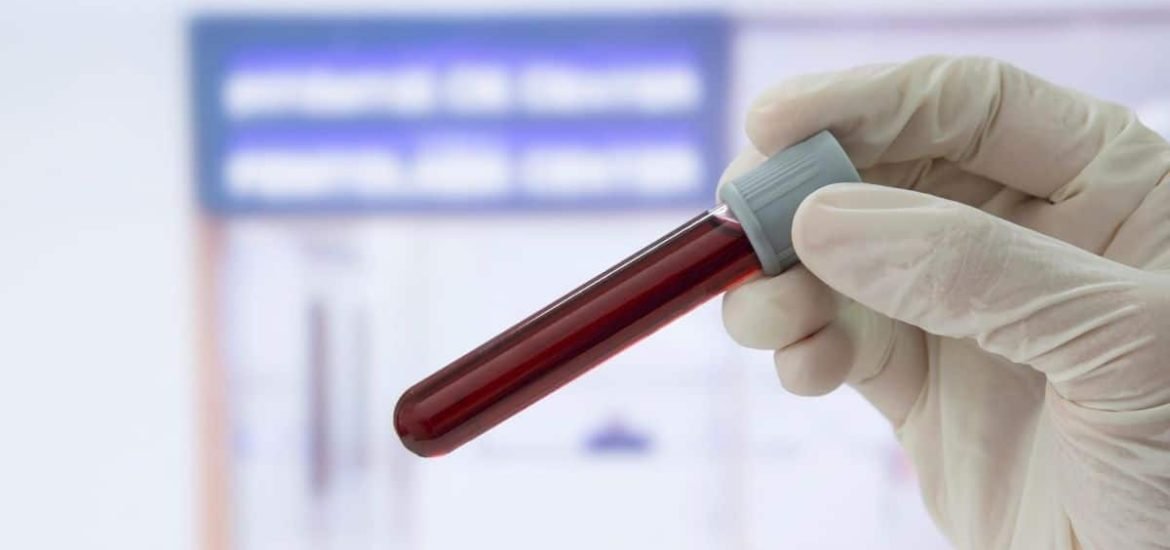
A new experimental blood test can detect cancer up to four years before symptoms appear, according to a study published last month in Nature Communications (1). The results have increased hopes of early cancer identification.
Cancer is a leading cause of death worldwide and leads to around 10 million deaths per year. Early detection is crucial to successfully treat the disease and can save lives. But many cancers don’t show noticeable symptoms until it’s too late.
Non-invasive blood tests for early cancer screening would be the ultimate panacea. The so-called liquid biopsies have become a major focus in cancer research and could offer a non-invasive way to screen patients. The new study is not the first to report a blood test for early detection of cancer, however, few studies have been able to detect cancer before patients show any indication of symptoms.
The new test, called PanSeer, was able to detect cancer with up to 96 per cent accuracy four years before symptoms appear, regardless of the tissue-of-origin. Since it works by targeting a limited number of regions in the human genome that are commonly modified across different cancer types, the test could initially be used as an inexpensive way to test people at higher risk based on their family history, age, or other known risk factors.
To develop PanSeer, the team of scientists led by Singlera Genomics – a fast-growing US-based biotech company – recruited more than 123,000 healthy individuals in Taizhou, China as part of a wider research study. Annual health checks of the participants were carried between 2007 and 2017. During the 10-year period, around 1,000 participants developed cancer.
They used blood samples from 191 of the participants who developed cancers, including the five most common ones: stomach, oesophagal, colorectal, lung, and liver. In addition, they used biobank samples from 223 patients already diagnosed with one of the five cancers and another 414 samples from participants who remained cancer-free for at least five years after the blood was taken.
The data were assessed by machine learning algorithms and revealed ‘signatures’ in the blood of participants with five common cancers up to four years before symptoms appeared.
“We demonstrated that five types of cancer can be detected through a DNA methylation-based blood test up to four years before conventional diagnosis,” the authors wrote.
The test works by detecting methylation patterns – modified regions of DNA – that often appear in tumour DNA in samples collected from blood samples. More specifically, the test measures DNA methylation at 500 locations with the greatest chance of signalling the presence of cancer.
The researchers emphasize that the test is new and strictly in the exploration phase. Although the preliminary results are encouraging, further studies are still needed to confirm the results before any such blood test could be tested in the clinic.
The authors write: “We hope to proceed with a large prospective study of healthy individuals to determine if non-invasive cancer screening can reduce cancer deaths in a cost-effective manner.”
(1) Chen, X. et al. Non-invasive early detection of cancer four years before conventional diagnosis using a blood test. Nature Communications (2020). DOI: doi.org/10.1038/s41467-020-17316-z